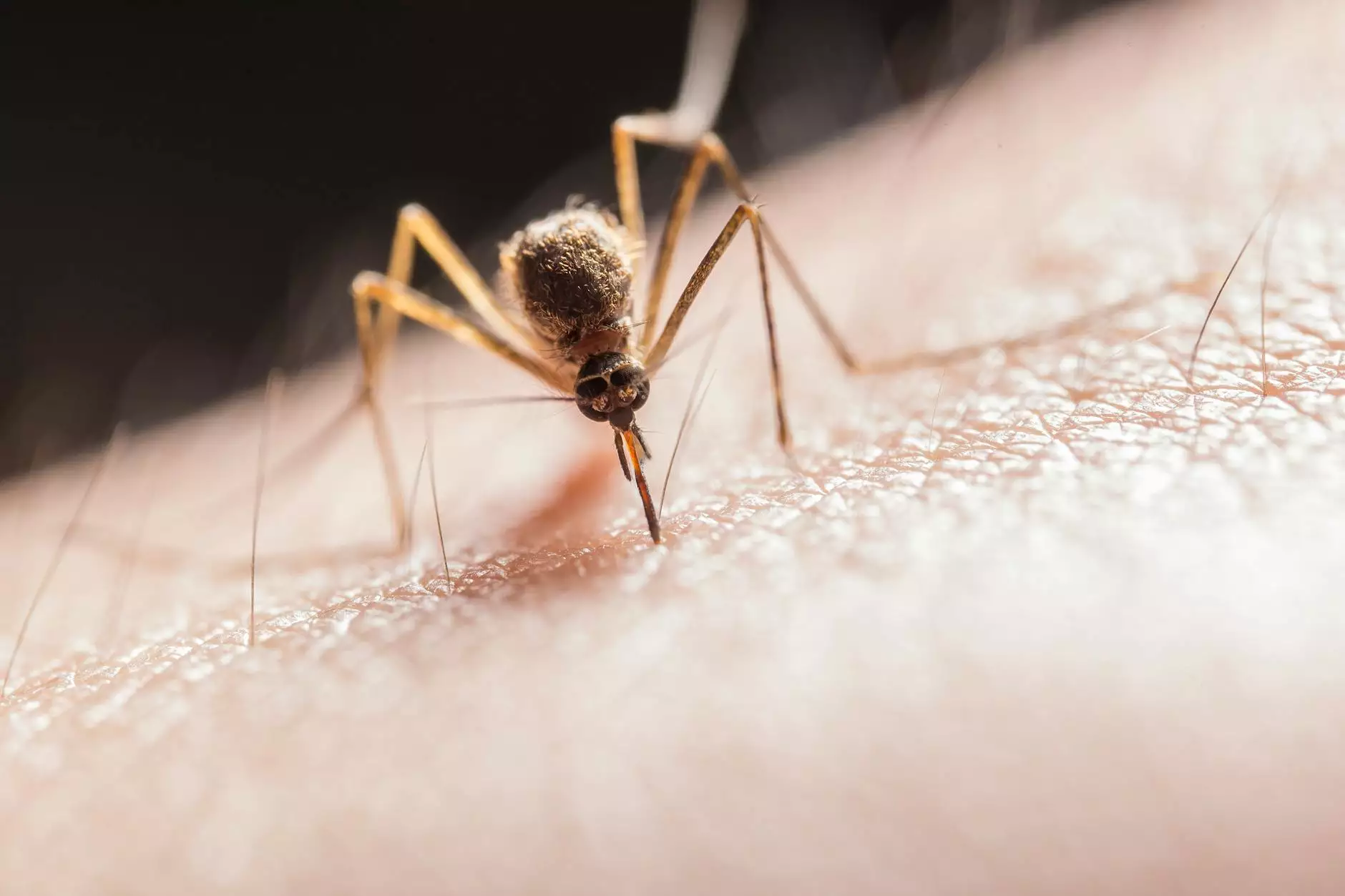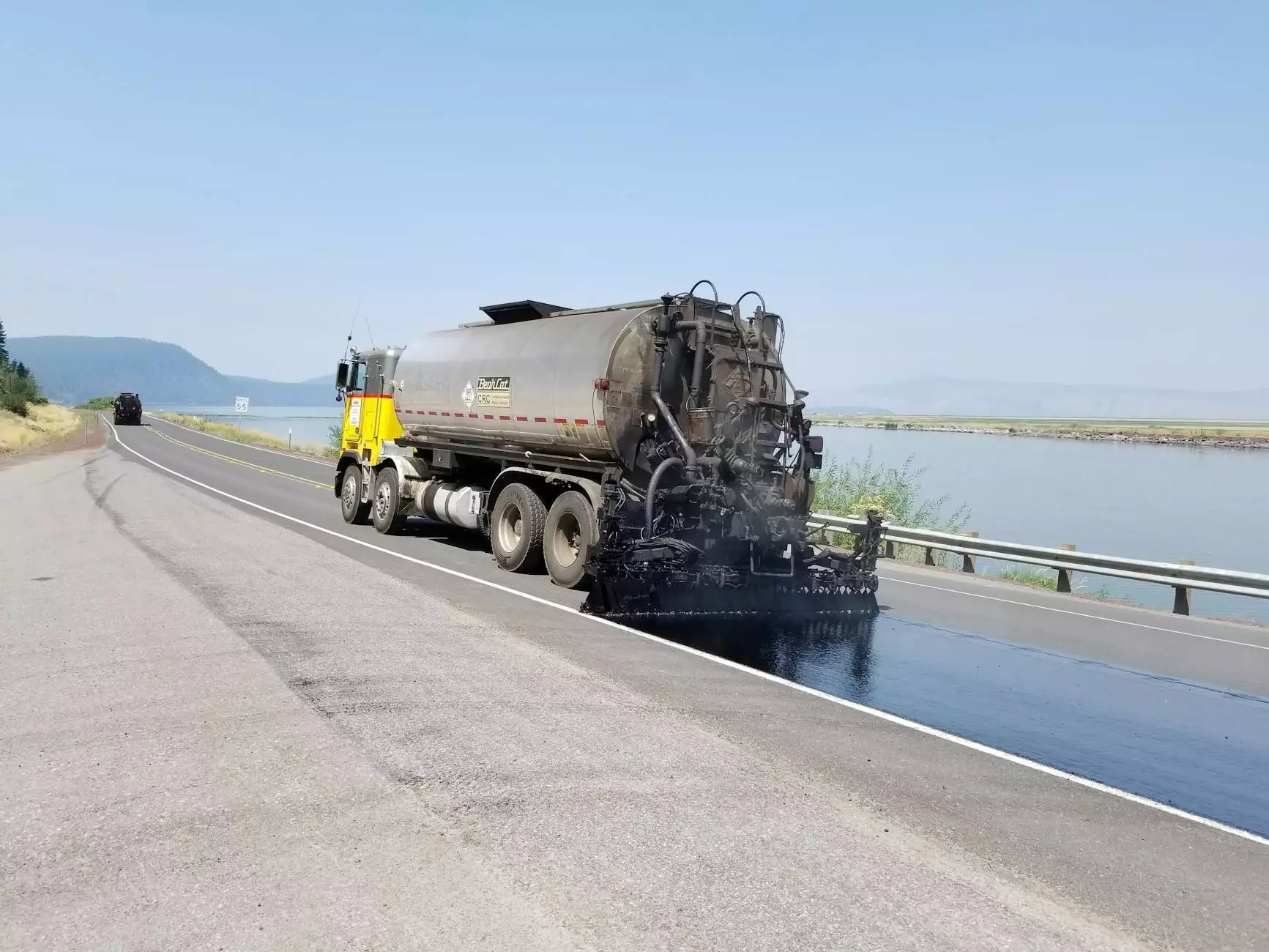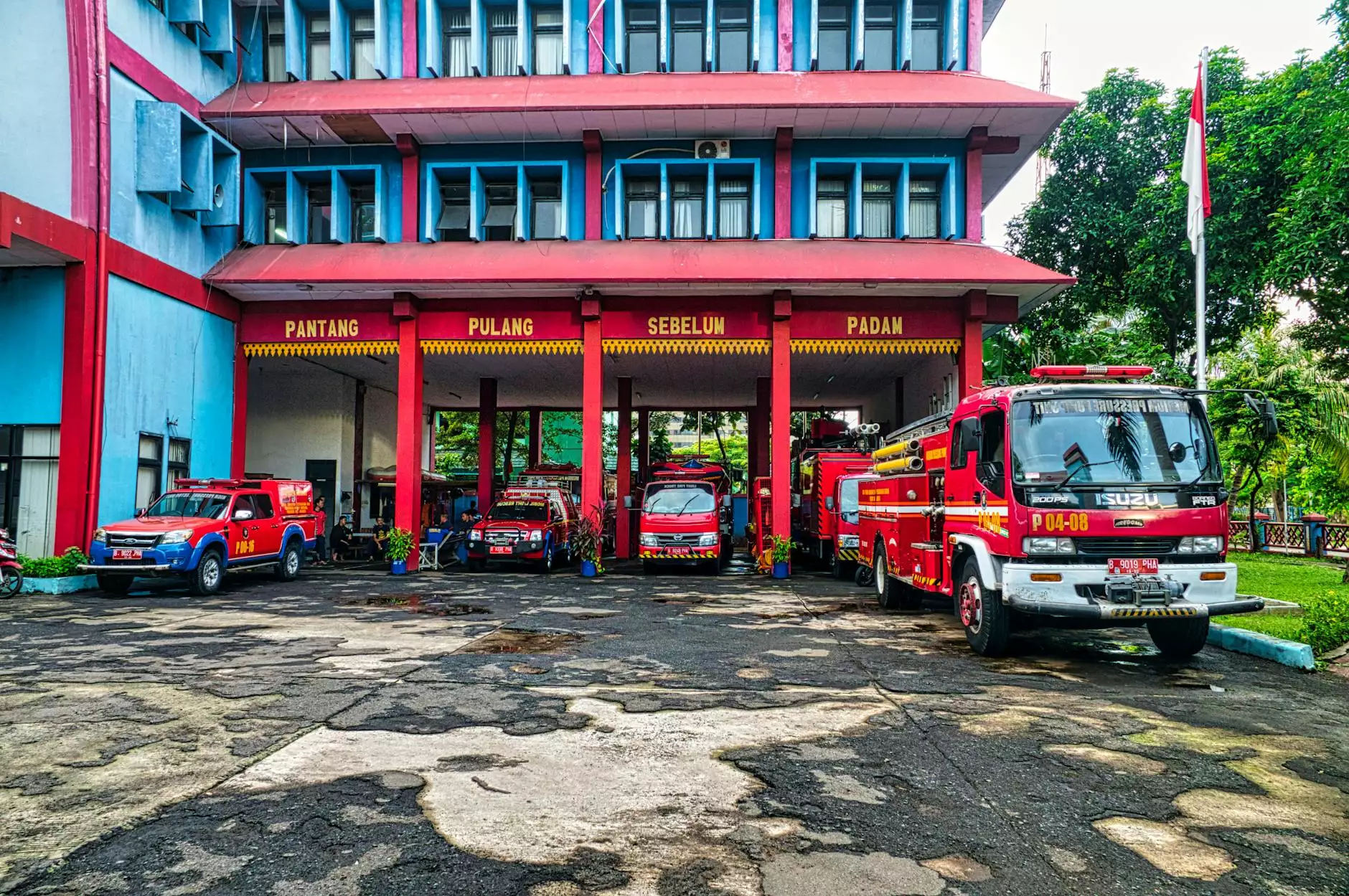Effective Insect Pest Management Strategies for Farming Equipment

Managing insect pests is a crucial aspect of maintaining the health and productivity of farming equipment. At TSGC Inc., we understand the importance of implementing effective pest management strategies to protect your farm equipment and ensure optimal performance. In this article, we will explore various methods and techniques to combat insect pests in the agricultural sector.
The Importance of Insect Pest Management
Insect pests can cause significant damage to farming equipment, leading to decreased efficiency and productivity. By implementing proper pest management strategies, farmers can minimize the risk of infestations and protect their valuable assets. Effective pest control measures can also reduce the use of harmful chemicals, promoting sustainable and eco-friendly farming practices.
Integrated Pest Management (IPM)
One of the most effective approaches to insect pest management is Integrated Pest Management (IPM). This holistic strategy combines various pest control methods to achieve long-term solutions. IPM emphasizes the use of environmentally friendly practices, such as biological control, crop rotation, and pest-resistant varieties, to reduce the reliance on chemical pesticides.
Common Insect Pests in Farming Equipment
Several types of insect pests can infest farming equipment, causing damage to crops and machinery. Some common insect pests include:
- Aphids: These tiny insects feed on sap, causing wilting and stunted growth in plants.
- Caterpillars: Caterpillars can devour leaves, flowers, and fruits, leading to crop losses.
- Beetles: Beetles can chew through plant tissues, causing extensive damage to crops.
- Thrips: Thrips feed on plant sap, causing silvering or bronzing of leaves.
Effective Control Methods
Implementing the following control methods can help manage insect pests in farming equipment:
- Biological Control: Beneficial insects, such as ladybugs and parasitic wasps, can help control pest populations naturally.
- Cultural Control: Practices like crop rotation and maintaining proper plant spacing can reduce pest infestations.
- Mechanical Control: Physical barriers, traps, and manual removal of insects can be effective in controlling pests.
- Chemical Control: When necessary, judicious use of insecticides can help manage severe pest outbreaks.
Preventive Measures
Preventing insect pests is crucial in maintaining the health of farming equipment. Some preventive measures include:
- Regular Inspections: Conduct routine inspections to detect pest infestations at an early stage.
- Cleanliness: Keep farming equipment clean and free of debris to discourage pest harborage.
- Proper Storage: Store equipment in a well-ventilated area to prevent pest access.
- Education: Train staff on recognizing and managing insect pests effectively.
Conclusion
Effective insect pest management is essential for preserving the integrity and productivity of farming equipment. By implementing integrated pest management strategies, utilizing control methods, and adopting preventive measures, farmers can protect their crops and machinery from damaging insect pests. At TSGC Inc., we are dedicated to providing innovative solutions for sustainable pest control in the agricultural sector.









